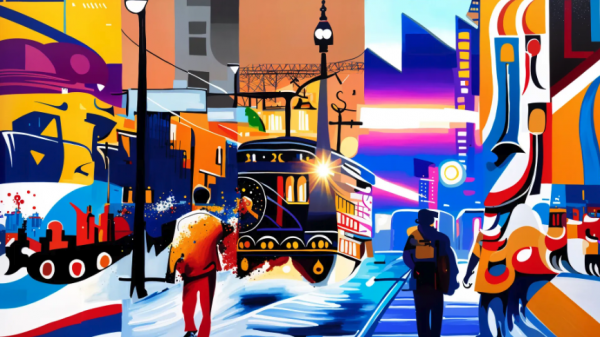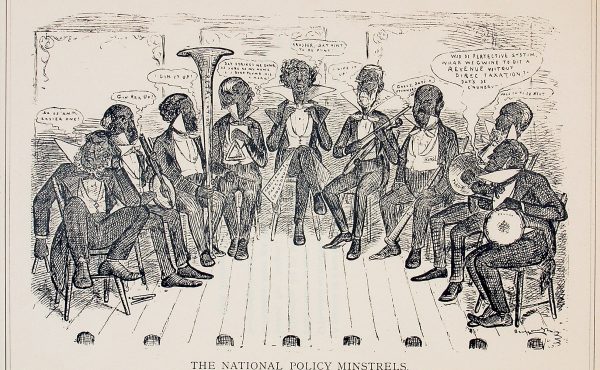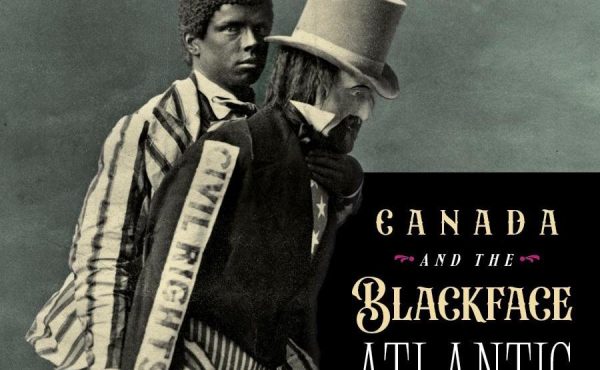This weekend sees the launch of more events from the fine folk at Provocation Ideas Festival. “Our mission is to be a new public square of civic engagement,” says Founding Director Mark Rosenfeld. “We have hard conversations that confront difficult truths and we envision more hopeful futures,” he says. “To do so, we need to create programming spaces where community members can meaningfully engage, free of financial, physical and other barriers.” As such, all the events are free although some require registration before-hand.
Art shows, performances, lectures, and debates, held in public spaces around the city, are oriented towards this year’s theme of artificial intelligence. In and around Innis College at the University of Toronto there will be AI-generated art on display, plus a number of panels devoted to debating the impact of AI on society. “The AI art exhibit documents this watershed moment in the transformation of art by AI,” says Rosenfeld. “Amid the awe and unease incited by these rapid changes, the exhibition serves as a space to contemplate coexistence with new forms of AI.” Later this month and into June, the AI art exhibit will also be hosted at York University, at various branches of the Toronto Public Library, and at the Inter/Access art gallery as part of Doors Open Toronto.
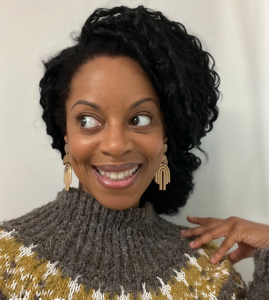
One of the other events this weekend at Innis is an interactive dance exhibition cheekily titled DanceGPT. Visitors will encounter a series of interactive stations with different ‘prompts’ designed to elicit reactions. At the end of the night, dancer and curator Nikola Steer will collect the responses and interpret them with an improvised dance. “I have no idea how it will look,” she tells me with a grin, “but it’s meant to be playful. Play is a practice that helps people open; it helps the armour come down.”
Just as with ChatGPT, when users interact with an interface, they “expect something in return,” says Steer. But the canned nature of interaction through a screen is something that has limited appeal, especially after three years of pandemic isolation. “My interest is in ‘rehumaning’ other humans,” she says. “The pandemic was awful for our mental health. I see this as a real opportunity to start to stitch ourselves back together.”
We talk about the possibilities, both harmful and helpful, of using a tool like ChatGPT in arts work. On the one hand it can be used to help with the boring and repetitive parts of running an arts program (i.e. writing grant proposals), but on the other it can undercut the value artists build up in their image portfolios if machines can create new work for free.
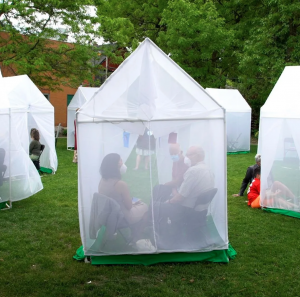
In a similar vein, there will also be decidedly non-AI storytelling tents scattered around the Innis College Courtyard. “Each tent will feature someone telling the true story of a moment in their life when everything changed,” says Rosenfeld. This year, those stories will revolve around technology. “Last year I remember a story that really stood out for me,” he says. “A young first-generation Canadian women spoke of her stuggles in both resisting and coming to terms with the cultural and language traditions of her family. For me at least, there was a universal dimension to what she described.”
The Provocation Ideas Festival doesn’t shy away from contentious topics: artificial intelligence, ‘woke’ culture, healthcare, gentrification, policing…. But instead of disagreement, Rosenfeld wants to promote understanding. “Dismissal is far easier than understanding,” he says, “and yet if we want to find common ground… then understanding, if not agreement, is critical.”
Check out the full list of events that are part of the Provocation Ideas Festival.
Top image (AI-generated) courtesy of Ryan Kelln, part of “When all dreams come true.” Other images courtesy of Provocation Ideas Festival.

